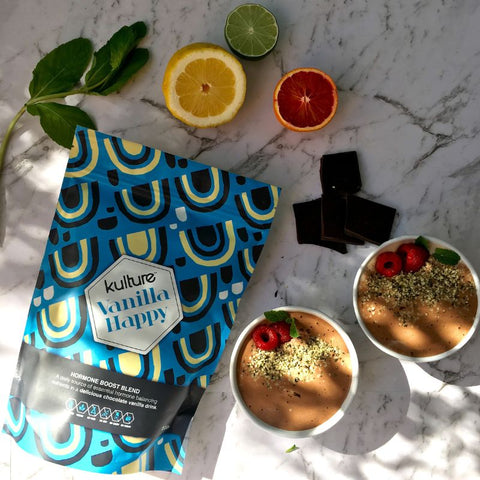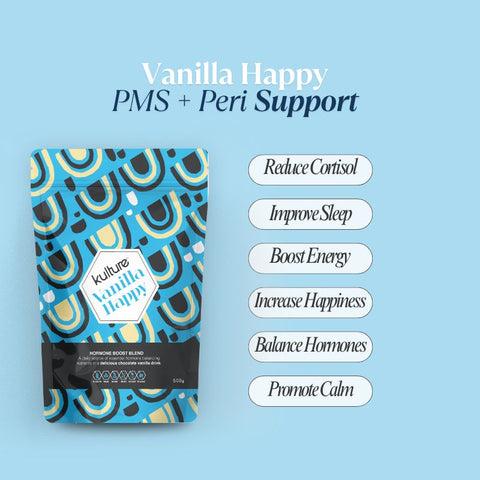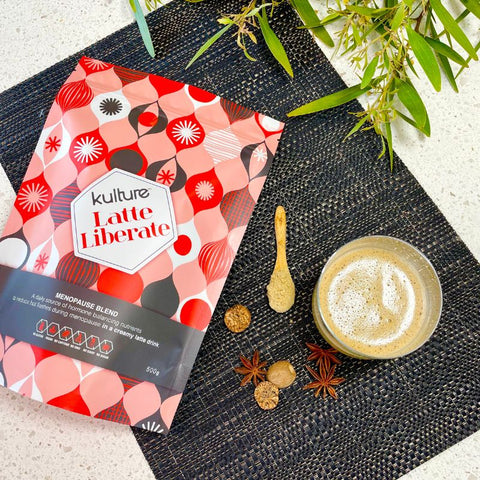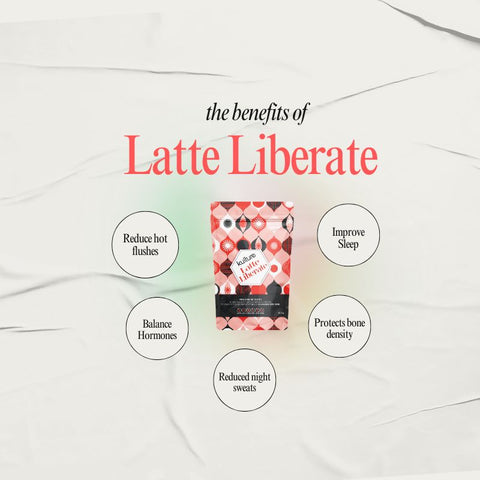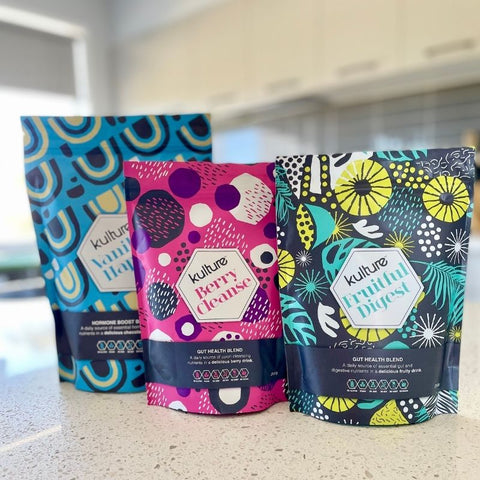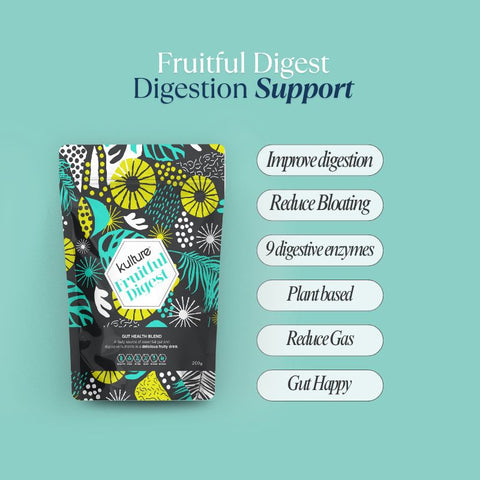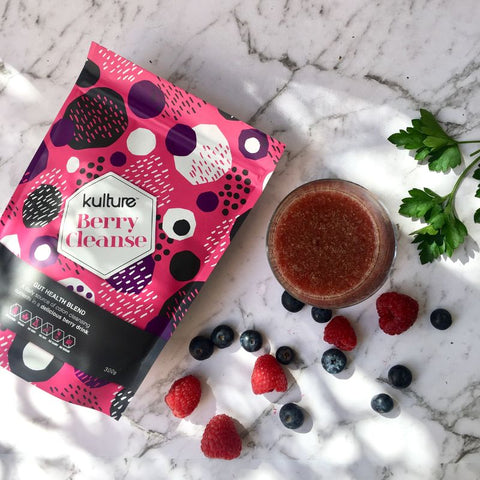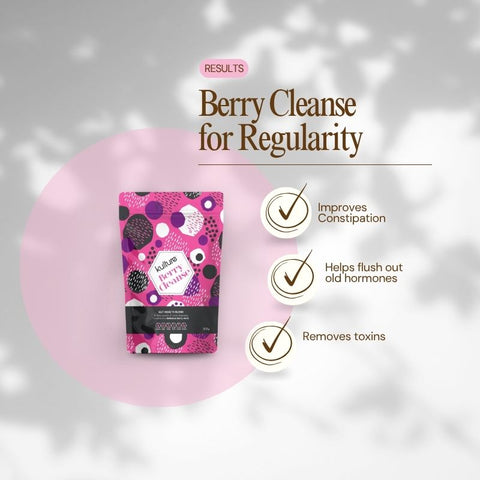If you go to the gym on a regular basis, I’m sure you're no stranger to protein powder. People who are working on their fitness goals not only spend time exercising and watching what they eat, but also look into supplements that augment their diet, help them build muscle mass, and get proper nutrition. Whey protein is the most popular option since it is very convenient to get a huge tub of it anywhere. At a grocery or any health and wellness store, you will find shelves filled with countless options for whey protein powders.
What is whey protein anyway?
Whey protein is one of two proteins in milk, the other one is Casein. It is formed as a byproduct of cheesemaking. It is the liquid part that remains after milk coagulates into cheese. Remember Little Ms. Muffet eating her curds and whey? It is the liquid you see when curds (or curdled milk) separates into lumps of cheese when you make cottage cheese.
Whey protein is the hugely popular choice as a protein supplement because it is readily available, it is cheap, and it works. That is because whey is derived from milk and all animal proteins are complete proteins, with all essential amino acids. But while whey protein is the go-to supplement for upping your protein intake, it has some hidden side effects.
Why you should opt for Plant Based
Whey protein is not a vegan option, owing to the fact that is is derived from animal sources. However, vegan or not, you might want to look into alternative supplements like plant based protein supplements. Unlike, whey protein that is chock full of artificial sweeteners, hard to digest, and have gone through an extensive manufacturing process that degrades the quality of the protein itself, plant based protein powders like those derived from brown rice, hemp, pea, or soy are minimally processed, contain little to no artificial sweeteners, are easily digestible, and have a naturally neutral taste.
Plant Protein is better for the body
Another factor to consider is the ease of assimilation into the body. 98% of plant protein is absorbed by the body, while whey protein only 10%. Consider that when opting for a whey protein. Yes whey is usually cheaper, however your body is only absorbing a fraction of it.
Plant protein assimilates better, whey protein, because of its tendency to contain lactose, can be a bit problematic for your digestive system and can lead to bloating, and flatulence, lots of it! Ever noticed that? I’m sure everyone around you does. ;)
A strong point of contention among whey protein users is that whey protein is complete and gives you all the essential amino acids needed for muscle growth and recovery. But if you are conscious about getting your supplements from natural sources, then it is best to stick to a combination of brown rice and pea or add BCAA's to your supplement routine.
Conclusion
Plant based protein supplements are equal to whey protein if not better. There is no difference in performance in terms of building muscle, improving strength, and aiding muscle recovery. Plant assimilates better with the body and if you have problems with dairy perhaps its time to consider using plant based protein supplements instead of whey protein powders. It is just as effective and healthier, too!
Kulture's Plant Protein Powder
Blueberry burst is a blend of pea and brown rice with added greens and superfoods.






